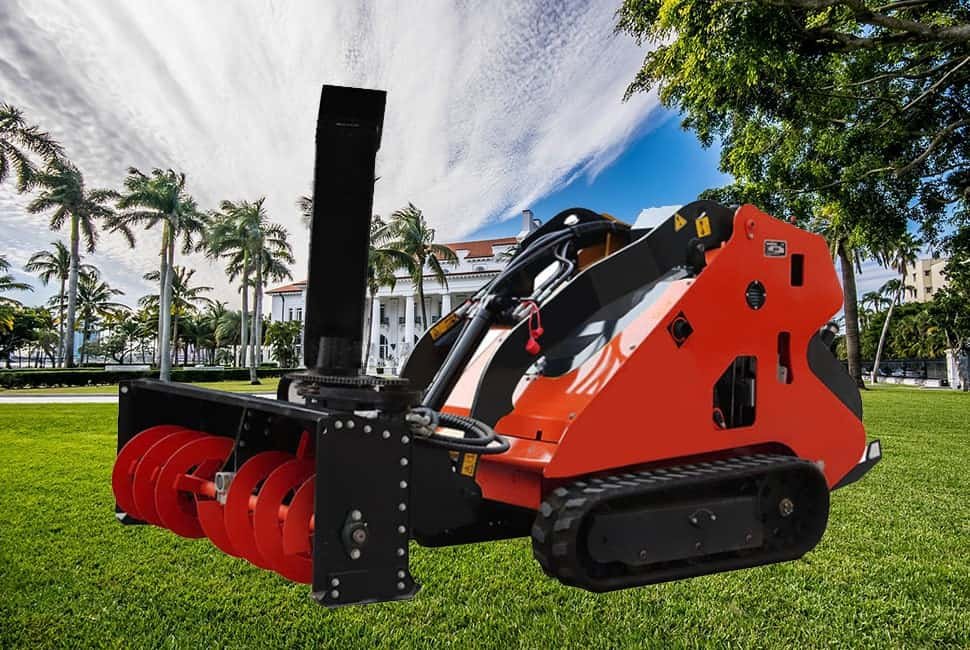Introduction
Are you considering buying or renting an excavator for your construction project but unsure which option is best? The decision to invest in heavy equipment like an excavator can significantly impact your project’s success, timeline, and budget. That’s why it’s essential to carefully consider all the factors involved in buying or renting an excavator.
In this blog, we’ll guide you through the key considerations for buying and renting an excavator, including initial costs, maintenance and repair expenses, duration of need, availability of equipment, and more.
We’ll also compare the advantages and disadvantages of each option and offer expert advice on what factors to consider when making your final decision. This guide gives you all the information you need to confidently choose the right option for your project.
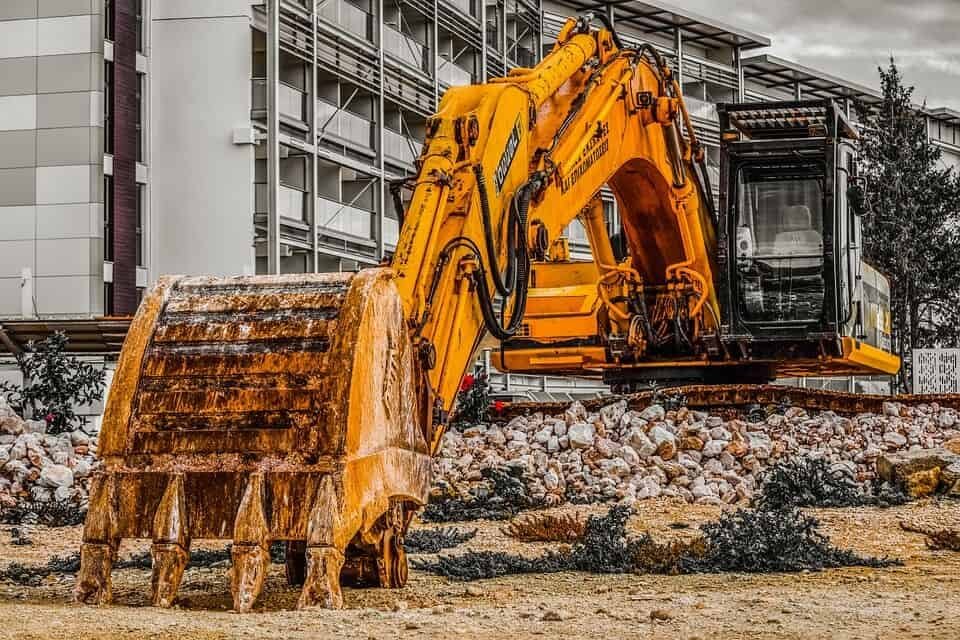
Considerations for Buying an Excavator
Buying an excavator is a significant investment for any construction business. That’s why it’s essential to consider several key considerations before purchasing.
Initial Cost
The initial cost of buying an excavator is the most obvious consideration. You’ll need to evaluate your budget and decide whether it’s feasible to purchase a machine outright or whether you’ll need to explore financing options.
Maintenance and Repair Costs
Maintenance and repair costs are other important factors when buying an excavator. As with heavy equipment, excavators require regular maintenance and occasional repairs to operate at peak performance. You’ll need to budget for these expenses over the machine’s lifespan.
Depreciation
Depreciation is another essential consideration when buying an excavator. Heavy equipment, including excavators, can experience significant depreciation over time, impacting the overall value of your investment. To mitigate this risk, choosing a high-quality machine built to last and retain its value over time is essential.
Financing Options
Financing options are also an important consideration when buying an excavator. Depending on your financial situation, you may be able to finance your purchase through a loan or lease agreement, which can help you manage the upfront costs of buying an excavator. You should explore financing options thoroughly to determine which option is best for your business.
Resale Value
Finally, it’s important to consider the resale value of your excavator. While it may not be at the forefront of your mind when making the initial purchase, resale value can significantly impact the overall cost of owning an excavator.
By choosing a high-quality machine and adequately maintaining it over time, you can maximize your resale value and recoup more of your initial investment.
Other considerations
In addition to these factors, there are several other considerations to consider when buying an excavator. You’ll need to carefully evaluate the type and size of machine you need, considering the specific requirements of your construction project.
You should also consider the level of operator experience and qualifications required to operate an excavator safely and effectively.
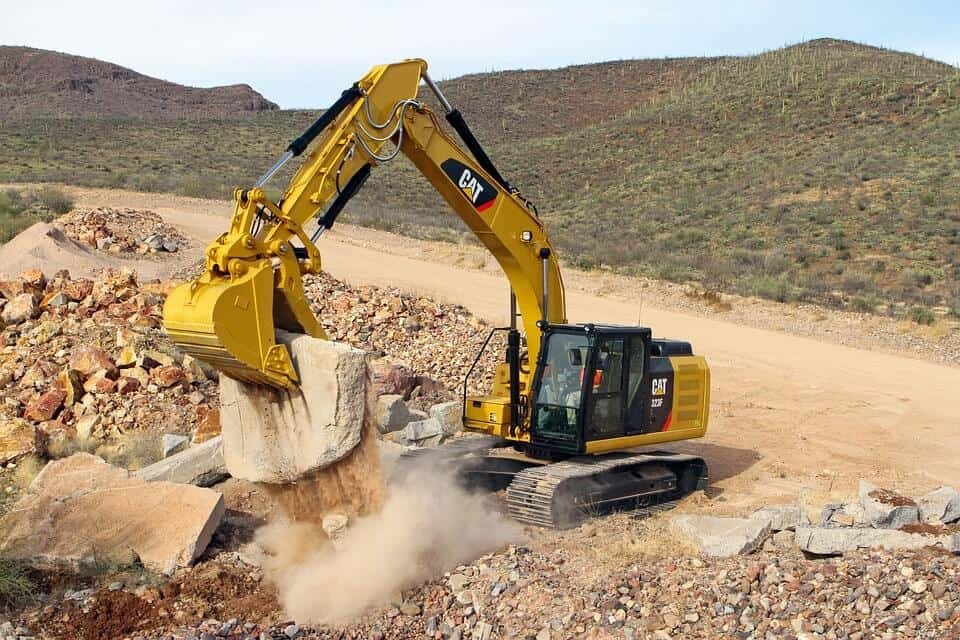
Considerations for Renting an Excavator
Renting an excavator can be a more flexible and cost-effective option for construction businesses that don’t have a consistent need for heavy equipment. However, there are several key considerations to remember when renting an excavator.
Rental Costs
First and foremost, rental costs are a major factor to consider. While renting an excavator may be less expensive than purchasing one outright, rental costs can increase quickly. You’ll need to carefully evaluate the rental rates and determine whether they fit within your budget.
Duration of Need
Duration of need is another important consideration when renting an excavator. If you only need the machine temporarily, renting may be more cost-effective than purchasing. However, if you anticipate needing the machine for an extended period, purchasing may be the more cost-effective option in the long run.
Availability of Equipment
Availability of equipment is another key consideration when renting an excavator. You’ll need to make sure that the machine you need is available when you need it. Some rental companies may have limited inventory or may be experiencing high demand during peak construction seasons, so planning and reserving the equipment you need in advance is important.
Maintenance and Repair Responsibilities
Maintenance and repair responsibilities are other factors to consider when renting an excavator. While rental companies are typically responsible for maintaining and repairing their equipment, you’ll want to ensure you understand your responsibilities and obligations as a renter.
You may be responsible for regular maintenance tasks, such as checking fluid levels and keeping the machine clean, to ensure the machine operates properly and avoid additional costs or penalties.
Flexibility and Access to Updated Equipment
Finally, renting an excavator offers flexibility and access to updated equipment that purchasing may not provide. Rental companies often offer a wide range of equipment options and have access to the latest models and technology.
This can be particularly beneficial for businesses that only need a machine for a short period or want to test out new equipment before purchasing.
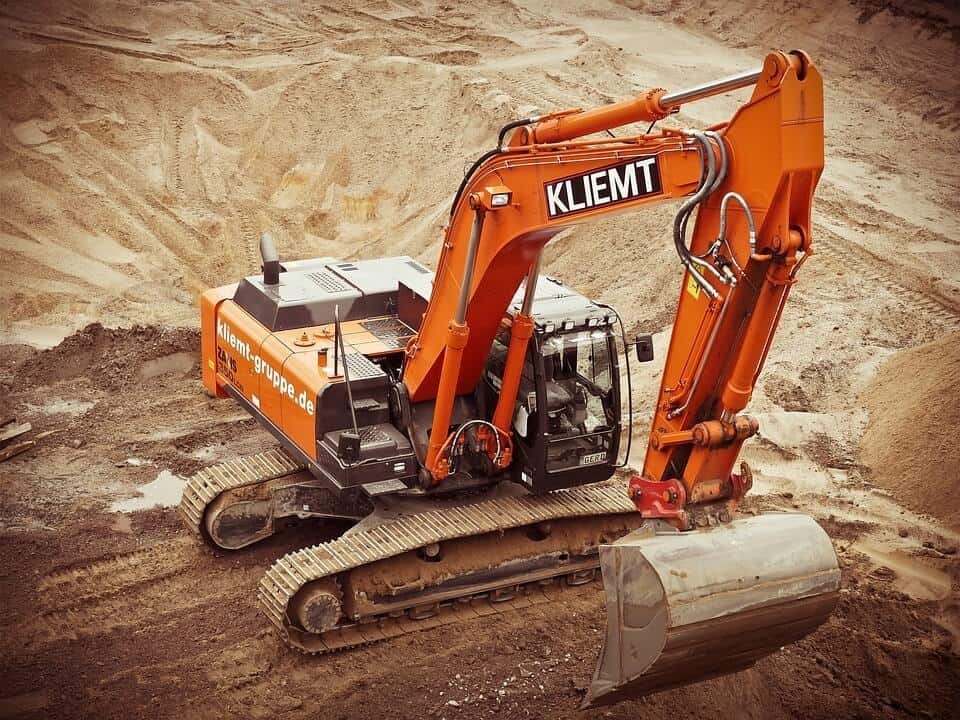
Comparison of Buying vs Renting
Choosing between buying or renting an excavator can be challenging for construction businesses. Each option has advantages and disadvantages, and it’s important to carefully evaluate each option to determine which is best for your business.
Advantages and Disadvantages of Buying
Advantages of buying an excavator include ownership of the equipment, the ability to customize the machine to your specific needs, and the potential for long-term cost savings over renting. However, the initial cost of purchasing an excavator can be a significant investment, and ongoing maintenance and repair costs can add up over time.
Additionally, purchasing an excavator may not be the best option for businesses with only occasional or seasonal heavy equipment needs.
Advantages and Disadvantages of Renting
On the other hand, renting an excavator offers flexibility in terms of the duration of use, the ability to access updated equipment, and lower upfront costs. However, rental costs can add up quickly over time, and there may be limitations on the availability and customization of the equipment.
Additionally, rental companies may have restrictions on the use of the equipment, which can impact the overall efficiency and productivity of your construction project.
Decision Factors for Choosing Buying vs Renting
When deciding between buying or renting an excavator, several factors must be considered. These include the duration of need, the availability and cost of financing, the specific requirements of your construction project, and the overall cost and efficiency of each option over time.
For businesses that consistently need heavy equipment and the resources to invest in purchasing and maintaining the equipment, buying may be the more cost-effective option in the long run. However, renting may be a more flexible and cost-effective option for businesses with an occasional or seasonal need for heavy equipment.
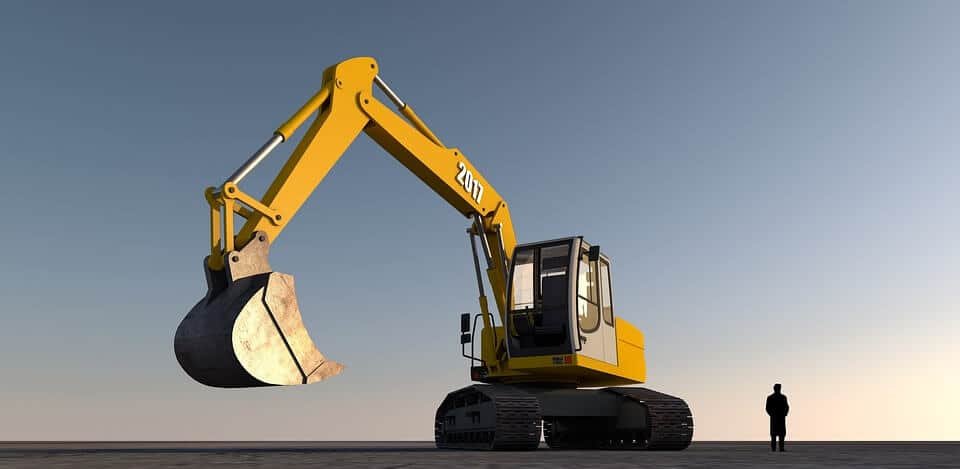
Other Factors to Consider
When it comes to choosing an excavator, there are several other factors that you should consider in addition to the decision of whether to buy or rent. These factors can significantly impact the overall success and safety of your construction project and should not be overlooked.
Type and Size of Excavator
One important factor to consider is the type and size of the excavator you need for your project. A wide range of excavators is available on the market, each with its own strengths and limitations.
Factors such as digging depth, reach, and lifting capacity can all impact the efficiency and productivity of your project. It’s important to choose an excavator that is well-suited to the specific requirements of your project to maximize efficiency and safety.
Project Scope and Location
Another important factor is the scope and location of your project. Excavators come in different sizes and types; some may be better suited for certain projects and terrain.
For example, a compact excavator may be more appropriate for a smaller project with limited space. A larger excavator may be necessary for a larger project with more expansive terrain. Additionally, factors such as climate and weather conditions may also impact the choice of the excavator.
Operator Experience and Qualifications
Operator experience and qualifications are also important considerations when choosing an excavator. Operating heavy equipment such as excavators requires a high level of skill and experience, and it’s essential to ensure that your operator is properly trained and qualified to operate the equipment safely and effectively.
This not only helps to ensure the safety of your workers and site but can also impact the efficiency and productivity of your project.
Safety and Liability Concerns
Finally, safety and liability concerns should also be considered when choosing an excavator. Excavators are powerful and potentially dangerous machines, and it’s essential to take steps to ensure that they are operated safely and responsibly.
This includes implementing proper safety protocols and training for operators and obtaining appropriate insurance and liability coverage to protect your business in the event of an accident or injury.
Conclusion
Choosing between buying or renting an excavator requires careful consideration of various factors, including cost, maintenance, duration of need, availability, and flexibility.
Additionally, it’s essential to consider the type and size of excavator required for the project, the location and scope, the operator’s experience and qualifications, and safety and liability concerns.
By carefully weighing all of these factors, you can make an informed decision that will help ensure the success and safety of your construction project. Ultimately, buying or renting an excavator will depend on your specific needs, preferences, and budget. Contact Us to purchase your first amazing excavator with a guarantee.

